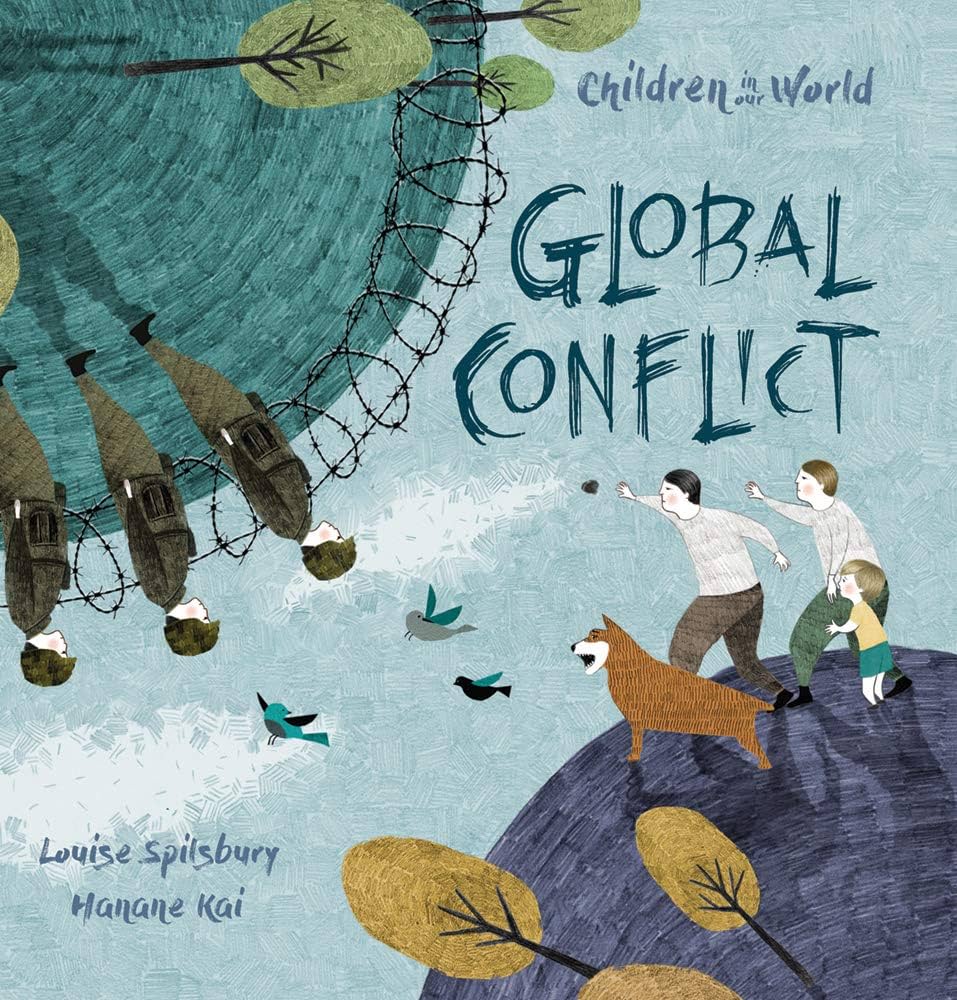From the opinion of Phantom Choices
Here is the concise form of today’s Dawn e-paper opinion section titled Phantom Choices. Here is the link to the parent article:
https://www.dawn.com/news/1791419

1. Kennedy Legacy and Israel: Historical Parallels
The recent reports highlighting the waning support for Robert F. Kennedy Jr. due to his admiration for Israel evoke historical echoes tied to his father’s tragic assassination and his strong pro-Israel stance. The resonance between the contemporary scenario and the events of 1968, notably linked to the aftermath of the Six-Day War, serves as a poignant reminder of the intricate relationship between American politics and the Middle East.
2. Bobby Kennedy: Progressive Values Amidst Turbulent Politics
Bobby Kennedy’s political ethos was deeply rooted in progressivism, a stark contrast to the political landscape dominated by the looming figure of Republican nominee Richard Nixon. Kennedy’s advocacy for withdrawing troops from Vietnam and his unwavering support for marginalized communities, particularly African Americans fighting for civil rights and those grappling with poverty, resonated profoundly with a populace amid social and political turmoil.
3. JFK’s Legacy and Political Consequences
The tragic assassination of John F. Kennedy in 1963 left a profound impact on RFK, who grappled with concerns regarding potential backlash stemming from his tenure as attorney general’s aggressive pursuit of organized crime. This apprehension underscores the intricate nature of political decisions and the unforeseen repercussions they may yield, especially in the volatile and politically charged atmosphere of the time.
4. Shifting Political Landscapes and Presidential Choices
JFK’s nuanced political stance, diverging from his initial anti-communist rhetoric, became apparent during his presidency, notably through his decision to abstain from supporting the CIA-sponsored invasion of Cuba. Eisenhower’s cautionary farewell address, highlighting the dangers posed by the military-industrial complex, laid the groundwork for JFK’s successor to confront the prevailing dynamics within the military and intelligence spheres.
5. JFK’s Cuban Crisis and Nuclear Deterrence
John F. Kennedy’s presidency bore witness to significant events such as the Bay of Pigs disaster in 1961 and the Cuban Missile Crisis of the following year. Notably, JFK accepted responsibility for the former, where CIA-trained infiltrators faced a resolute defeat by Cuban revolutionary forces. Crucially, he rebuffed the fervent military advisors who advocated a Cuba assault in response to the USSR’s deployment of nuclear-armed missiles on the nearby Caribbean island.
The fallout from JFK’s handling of these crises notably contributed to widespread public distrust in the government. The cover-up surrounding these events served as a catalyst for escalating skepticism and skepticism among the American populace regarding governmental transparency and honesty.
6. RFK’s Diplomatic Role and Nuclear Crisis Management
Amidst these tumultuous events, RFK’s pivotal role in conducting back-channel communications proved instrumental in determining that Soviet leader Nikita Khrushchev shared JFK’s apprehensions about risking a nuclear conflict. This led to Moscow swiftly withdrawing its missiles from Cuba once Washington committed to refraining from invading the island and removed missiles from Turkey’s Soviet border.
7. JFK’s Caution in Nuclear Escalation
Kennedy’s acute awareness of the catastrophic global consequences of a nuclear confrontation guided his cautious approach. His refusal to venture into such perilous territories is evident in historical records, notably disclosed by Daniel Ellsberg. The assurance to avoid a nuclear conflict and the subsequent withdrawal of missiles underscore Kennedy’s commitment to global stability.
8. Assassination and Lingering Questions
The assassination of JFK in Dallas remains steeped in mystery and conjecture. Despite a prevailing theory implicating a single gunman, recent polls indicating 65% of Americans rejecting this theory highlight the enduring uncertainty surrounding the events of November 22, 1963. This skepticism persists due to various contradictory pieces of evidence, including Lee Harvey Oswald’s failure to admit to the assassination and his subsequent murder by Jack Ruby, a figure with connections to the underworld and the FBI.
Difficult Words:
Visceral: Intense or deeply felt, especially emotions.
Murky: Obscure or characterized by confusion.
Predilections: Inclinations or preferences towards something.
Conjecture: An opinion or conclusion based on incomplete information or guesswork.


CSS Punjabi Complete Guide With the Book,Notes,Solved MCQs,Past Papers
The Significance of General Science & Ability as a Compulsory Subject
Ministry of Interior Jobs Opportunities 2026:Online Apply
CSS and PMS Precis Writing Rules with Complete Guide
Punjab Food Authority and Price control Jobs-Latest Job in PPSC
Ministry of Interior Jobs Opportunities 2026:Online Apply
CSS and PMS Precis Writing Rules with Complete Guide
WAPDA Job Opportunities 2026- Online Apply